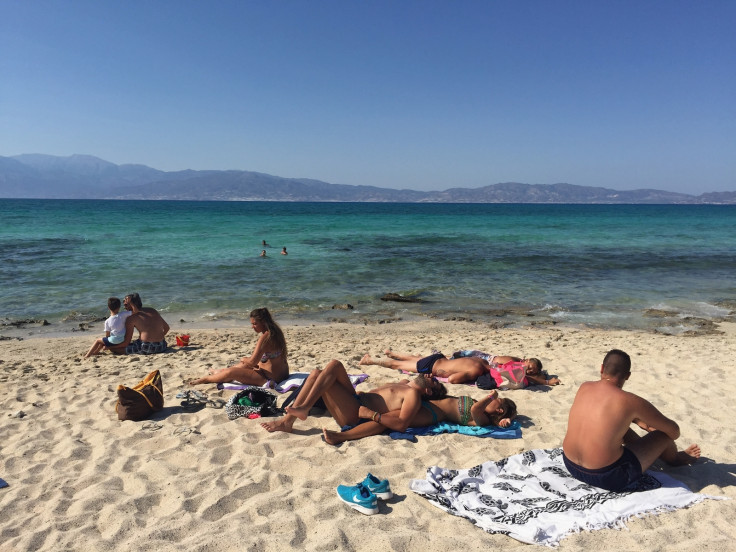More European hotspots are charging tourist taxes due to over-tourism
Over the years, over-tourism has become one of Europe's biggest problems in the travel industry

More and more holiday hotspots in Europe have been imposing an additional fee to tackle over-tourism.
Year after year, several iconic European destinations have been overcrowded by tourists and have become difficult to live in for local residents. The cities and towns have also become unsafe and uncomfortable for visitors as well. More importantly, the beauty and simplicity of the European countryside has been taking a major hit.
While some cities such as Venice have recently introduced a tourist fee, many cities and countries introduced them immediately post coronavirus lockdowns as the travel industry slowly began to bounce back. Some places, however, have had the additional fee in place for several years.
The majority of the holiday destinations that are popular among travellers from the UK have a tourist tax in place, including Slovenia, a small country in Central Europe. While Slovenia is home to just two million people, its summers get tough as tens of thousands of tourists visit its famous lakes on a daily basis.
In a bid to tackle overcrowding, especially during the peak seasons, Slovenia has levied a tourist tax that is based on location and hotel rating. The country's in-demand places, such as Ljubljana and Bled, charge around £2.57 (€3) a day to visit.
Portugal, which is less than three hours away from the UK by flight, also has a tourist tax in place for people over the age of 16. Portugal's popular fishing town of Olhao has started charging tourists £1.72 (€2) a night between April and October. In the lean season, that fee is halved.
Meanwhile, people heading to Greece's mainland and islands will have to pay the tourist tax directly at their accommodation on arrival. Thanks to its pristine beaches and colourful coastal villages, Greece is one of the British travellers' favourite destinations, especially during the summers. The tax in Greece varies from 50 cents per night for apartments to €4 per night for a five-star hotel.
In Belgium, the tourist tax differs from city to city, with Antwerp and Bruges charging a rate per room, and the capital city of Brussels charging it depending on hotel quality. It is generally believed to be around €7.50.
It was earlier reported that travellers heading to Venice on a day trip will be subject to a tourist tax. After years of debate, the Venice municipal council finally gave the green light for the latest rule. Tourists travelling to the Italian historic city will have to pay £4.29 (€5) to enter on peak days. This rule will come into place from next spring on a trial basis.
There have been instances when locals have taken the matter into their hands to deal with over-tourism. It was recently reported that the locals in the picturesque Austrian village of Hallstatt carried a protest against over-tourism as they blocked the main road in a bid to stop tourists.
Hallstatt has a population of 800, but receives nearly 10,000 holidaymakers per day during the peak season, causing a chaotic environment.
© Copyright IBTimes 2025. All rights reserved.






















